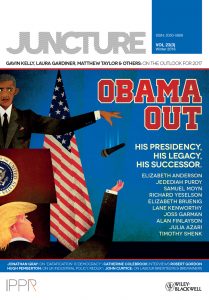On Civil Litigation, Part 2 of 2: Tort Reform
Author’s Note: This post is the second of a two-part series (read part 1 here) that looks at various narratives about civil lawsuits. Originally intended to be a longer series, it became apparent to the author that bi-weekly posts are a less than ideal way to write a series and makes it difficult for readers to follow. Mea culpa. Coincidentally, two weeks since my previous post, the Missouri Supreme Court struck down a 2005 tort reform law. The law in...







